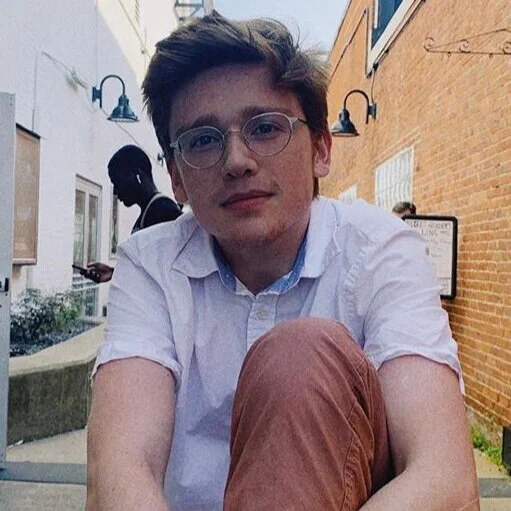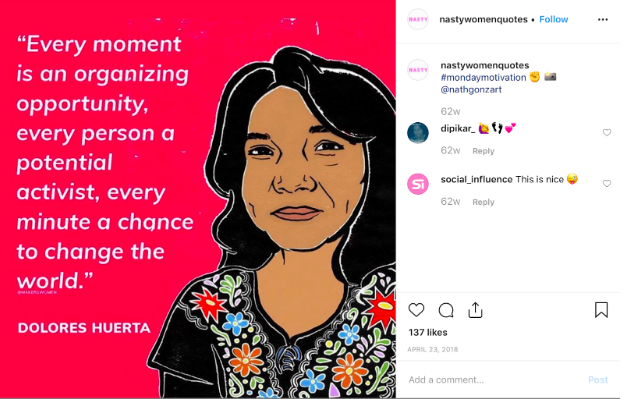When it comes to being inspired by social media, Instagram travel feeds are there ready to lure us in. Each feed presents itself like a journey all on their own — with enviously gorgeous images beckoning a traveler onward. It’s a shame to learn then they’re ruining it for the rest of us.
In fact, according to the National Park Service, between 2008 and 2017 places like Yellowstone National Park gained a 40% increase of visitors. And since the onset of COVID-19, those numbers have only got worse. In an interview with The Guardian, the former superintendent of the park, Dan Wenk says, “Our own species is having the greatest impact on the park and the quality of the experience is becoming a casualty.” And national parks aren’t alone, it’s even affecting farmers like those at Bogle Seeds.
Hundreds of people showed up to take photos in front of the sunflowers that grow at Bogle Farms; you’ve all seen those IG worthy shots, like this:
@protectour_publiclands. Instagram.com
After his farm went viral on Instagram, owner, Mr. Bogle was quoted saying, “I’ve described it as a zombie apocalypse. There were so many cars. People were walking in and around them. No one would move.” People crowded the farm to take selfies and were then accused of doing a lot of damage to flowers.
CBC news in Canada described the sight as “chaos”; and shortly after opening to the public the owners closed it to them for good.
Mr. Bogle is not alone. Just a few miles out from The Grand Canyon, resident of Page, AZ, Bill Diako says that the natural attraction Horseshoe Bend saw a massive spike of visitors when Instagram launched in 2010. He says the numbers grew from a few thousand annual visitors to 100,000 that year. And the phenomenon doesn’t just affect the United States, getting that perfect shot for social media is an international phenomenon.
Tourists posing “holding up” Leaning Tower of Pisa. Pinterest
It’s not just the crowds that are ruining the experience for sustainable travelers. Just like the damage done to the sunflowers at Bogle Seeds, the Great Wall of China has been affected by mistreatment and even theft. Today, if you don’t want to navigate a sea of tourists there, you’ll have to go off-season and in the snow.
Great Wall of China packed with visitors over holiday.
On July 26th Associated Press announced that the Yankee Jims pristine swimming hole in Northern California was closed to motor vehicles due to over crowding. There were about 300 cars spotted parked along the freeway due to the fact that the swimming hole only has 12 spots, which used to suffice. And the local authorities claim that social media is to blame for the surge.
Getting that perfect shot no matter the cost has been a catalyst for movements of change and education. There are even petitions on Change.org to encourage social media users to be more aware of their behaviors when traveling. It would seem that the age of COVID-19 and our need for fresh-air and social distancing has backfired, as the problem only seems to be getting worse. Many would agree there needs to be a sustainable and long term way to travel in the age of social media to prevent the lasting effects on the cultural and historic sites, monuments and lives of people all over the world.
Raeann Mason
Raeann is an avid traveler, digital storyteller and guide writer. She holds a Bachelor’s degree in Mass Comm & Media Studies from the Walter Cronkite School of Journalism & Mass Communication. Passionate about a/effective journalism and cultural exchange, she is an advocate of international solidarity and people's liberation. As the founder of ROAM + WRITE and EIC of Monarch Magazine, Raeann hopes to reshape the culture of travel and hospitality to be both ethically sound and sustainable.






















